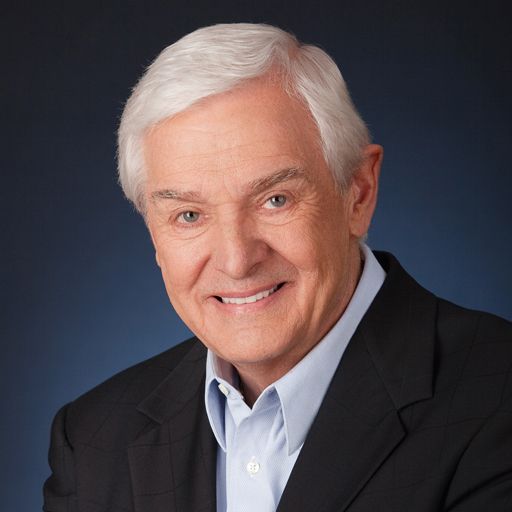In the 1980s, Victor Guaminga, an Ecuadorian Christian, was a project coordinator for World Vision in his native country. His village suffered continually from water-borne diseases because of their lack of clean drinking water. So with World Vision’s assistance, Victor developed a plan for constructing a pipeline that would connect his village with a source of clean water.
But the pipeline needed to be run through a nearby village—one with which Victor’s village had been feuding for years. When individuals in the rival village heard about the pipeline, they made it known that they would destroy any pipes that Victor attempted to use for the water project.
Rather than hating or retaliating against the other village, the Christians in Victor’s village decided to launch an evangelistic effort. It took several years, but gradually a church in the antagonistic village came into existence and the project was completed as planned.
There was water for life and the Water of Life because one village chose to love its enemies.[1]
The Reminder to Love Our Enemies
It was Jesus who issued the first reminder of the need to love one’s enemies. His words in Matthew 5:44 are the benchmark: “But I say to you, love your enemies, bless those who curse you, do good to those who hate you, and pray for those who spitefully use you and persecute you.”
The people had been erroneously taught by the Jewish religious leaders to love your neighbor and hate your enemy. This was wrong on two counts: First, the Jewish teachers left out a key part of Leviticus 19:18, which says, “Love your neighbor as yourself” (emphasis added). The standard for loving others is to treat them as we would treat ourselves, which leaves little room for hatred.
Second, “hate your enemy” is completely made up. That doesn’t appear in the Old Testament law anywhere, yet somehow the Jewish teachers had made it the standard. In fact, the Jewish law taught the opposite: Help your enemy when you have the opportunity (Exodus 23:4-5).
The Requirement to Love Our Enemies
If hating our enemies is wrong, What is right? What is our responsibility when it comes to those who “curse… hate… spitefully use… and persecute” us (Matthew 5:44)? The requirement of God is that we “love [our] enemies” (Luke 6:27).
Loving our enemies is totally contradictory to human nature. But it is possible. Stephen, the first Christian martyr, asked God not to hold his murderers guilty (Acts 7:60). And Peter tells us that when Jesus was “reviled, [He] did not revile in return; when He suffered, He did not threaten, but committed Himself to Him who judges righteously” (1 Peter 2:23).
The Responsibilities in Loving Our Enemies
Jesus gives us three responsibilities in Matthew 5:44—all in the form of verbs (action words).
First, “bless those who curse you.” We bless them with acts of grace and mercy. The result is that we “heap coals of fire” on their head (Romans 12:20), meaning that we shame them into contrition. This is what David did to King Saul who had become insanely jealous of God’s blessing on David’s life. By refusing to harm Saul, David shamed him into repenting, albeit only temporarily (1 Samuel 24:16-19).
Second, “do good to those who hate you.” The opposite of doing bad to someone is doing good. So instead of doing all the bad things your fleshly nature thinks of, do something good. “If your enemy is hungry, feed him; if he is thirsty, give him a drink” (Romans 12:20). This is not complicated. Anyone who fails to do good to his enemy proves his own lack of love.
Third, “pray for those who spitefully use you and persecute you.” You cannot pray, “Lord, please bless so-and-so, the one I hate so much!” It’s impossible! If you have an enemy toward whom you feel ill will, the sooner you begin to pray for him, the sooner he will be your enemy no more.
If there are some strife-filled relationships in your life, you can make them better by following Jesus’ love challenge: The reminder, the requirement, and the responsibility to love others—even our enemies.
###
David Jeremiah is the senior pastor of Shadow Mountain Community Church in El Cajon, California, and the founder and host of Turning Point for God. For more information about Dr. Jeremiah or Turning Point, visit www.DavidJeremiah.org.
[1] “Example in Ecuador: Forgiveness Unclogs a Pipeline,” World Vision magazine, February-March 1986, 18. Cited in Robert J. Morgan, Nelson’s Complete Book of Stories, Illustrations, and Quotes (Nashville: Thomas Nelson Publishers, 2000), 317-18.








